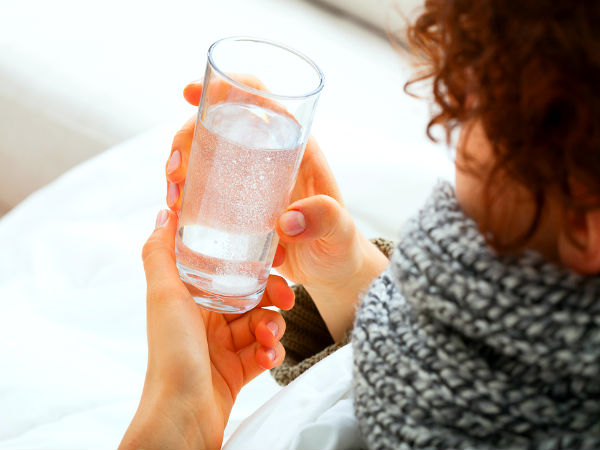
Esophageal injuries or stricture due to trauma, caustic ingestion i X Related to ingestion of an extremely toxic substance., etc.Chemical or traumatic injuries of the oropharynx.Lesions or infections in the mouth or throat due to conditions such as gingivostomatitis, epiglottitis, tonsillitis, and tonsillar abscesses., polymyositis, etc., can cause poor oral motor function. Muscular disorders, such as myasthenia gravis i X An autoimmune neuromuscular disease causing muscles weakness and communication and vision problems.Children with cerebral palsy may have drooling due to poor head control and a lack of facial tone. These conditions may cause drooling due to poor oral motor skills and sensations. Nervous system disorders and injuries, such as cerebral palsy, stroke, traumatic brain injury, and congenital brain abnormalities.Various conditions can cause excessive drooling, such as (2): Reduced gag reflex and other sensory and motor functions of the mouth.Failure to swallow saliva before it drools from the mouth (slobbering).Poor muscle or oral motor control to contain the saliva.Excessive production of saliva due to seasonal allergies.Some children with autism may have difficulty controlling their saliva due to swallowing or other oral motor difficulties.”Įxcessive drooling can happen due to any one of the following reasons:

When sick, children may produce more saliva due to increased congestion, coughing, or throat irritation. “Other illnesses that can cause drooling include infections of the mouth, throat, or lungs, as well as certain metabolic disorders.


 0 kommentar(er)
0 kommentar(er)
